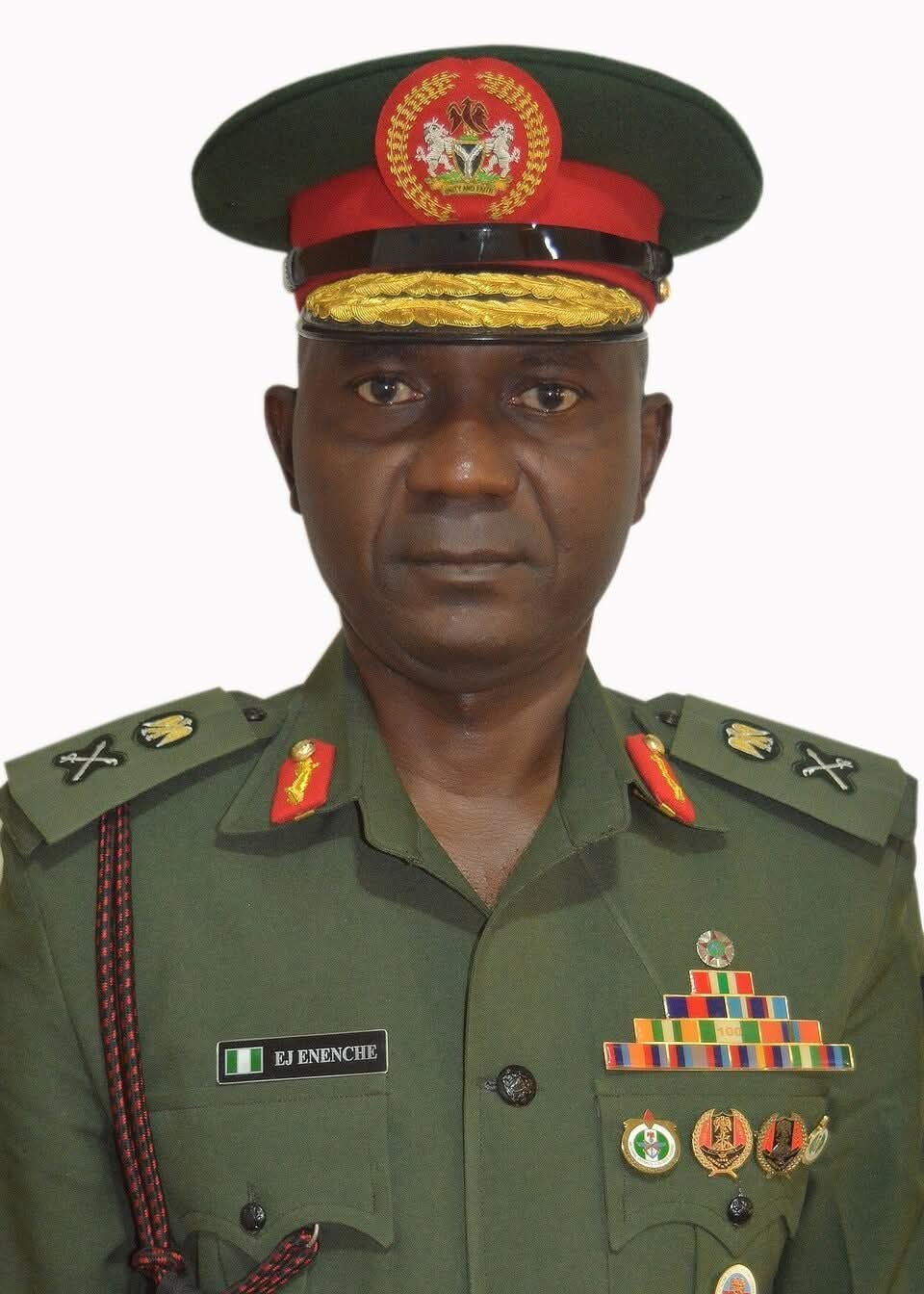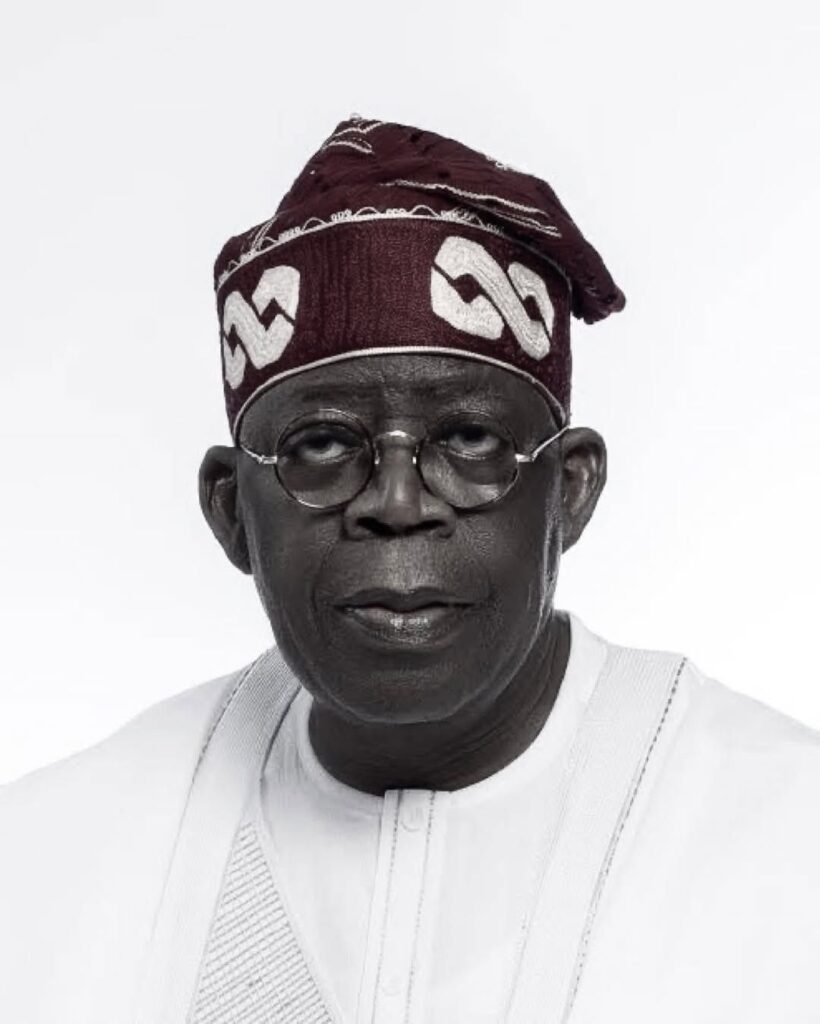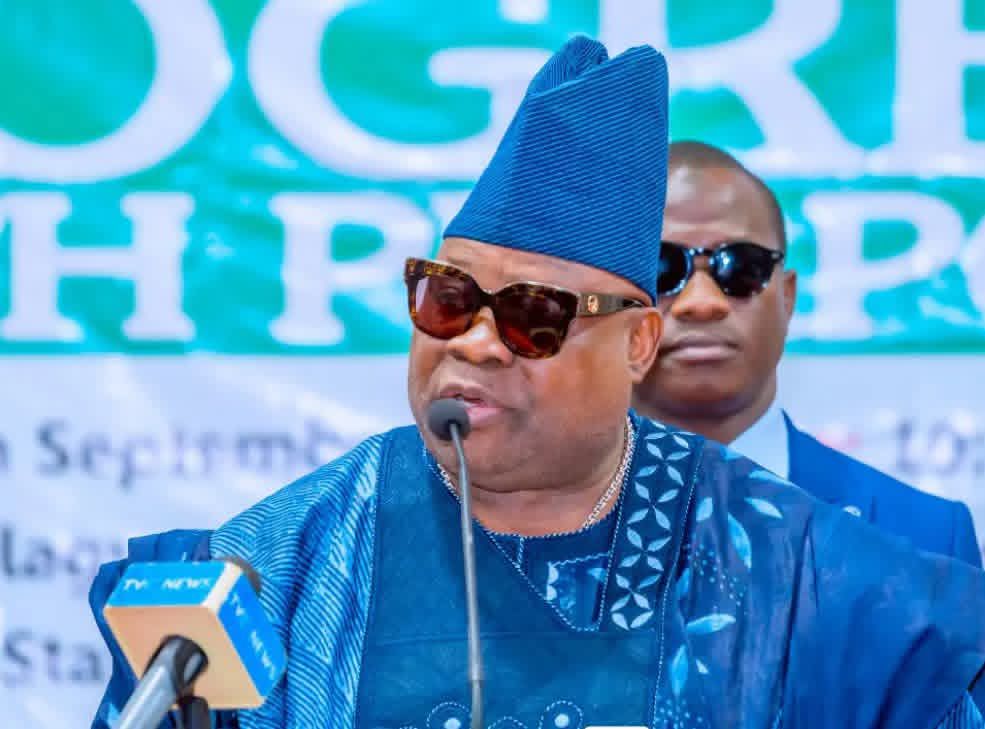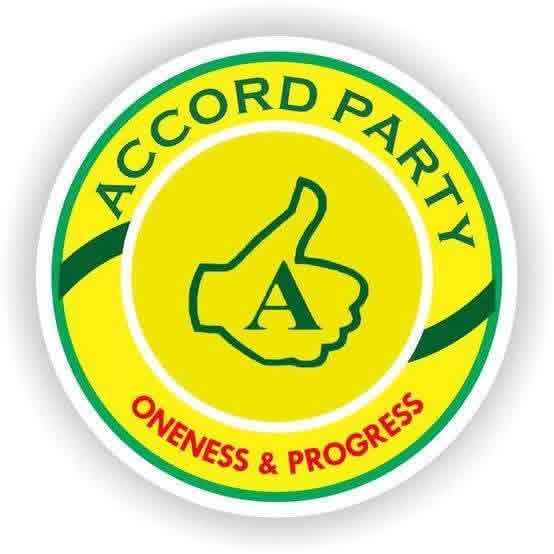News
A Country In Search Of A Miracle By Reuben Abati
“You look tired”
“Ha, my brother. Thanks for being observant. I have been trekking.”
“Trekking?”
“I went to buy fuel at that fuel station by the Estate gate. I had to abandon the car there. On my way back home, I could not find okada or any other form of transportation.”
“All the tricyclists and the okada people claim they have no fuel.”
“It is good for you big men to have a taste of what poor people go through. This fuel scarcity is an effective leveler. It is no respecter of persons.”
“I can’t wait for April 7 to come.”
“What’s special about April 7?”
“That’s the day we are told this scarcity will end, and there will be no more scarcity of petroleum products.”
“You mean a government official actually made such a promise?”
“Yes”
“Then, that official still has a lot to learn. In this kind of matter, you must never give a deadline because you never know. Nigerians will record the date, pretend to be optimistic and wait for you. If you don’t deliver on the said date, you will be branded an incompetent liar!”
“Really?”
“Trust me. Never set a deadline. Never say things such as we will put an end to the Boko Haram menace by June ending. We will deliver 10, 000 MW of electricity by December, and there will be fuel across the country by so-so-and-so date?”
“But I think April 7 is a sure date”
“I like your optimism. You mean by April 7, the pipeline vandals would have stopped stealing?”
“Some concerned Nigerians, particularly Pastors, I understand have been helping the Federal Government to appeal to vandals. They have been telling the vandals that it is not a good thing to steal petrol that belongs to all of us.”
“You want to stop oil theft and pipeline vandalism by preaching? Does anyone know who the vandals are?”
“You know we are a religious nation. When everything fails, we preach. I won’t be surprised to hear that any pipeline vandal who repents will be recommended for a National Honour!”
“In that case, what are you still doing here? You too should become a pipeline vandal, repent and get honoured. Or you don’t want a national honour?”
“Actually, I’d rather ask the vandals to give me fuel from their private depots, so I won’t have to face the stress of looking for fuel.”
“But I thought we were depending on the importation of refined petroleum products. Where are the major marketers?”
“They are there, but they say they can’t help because market forces are now obeying command-and-control, centralized orders which are not good for business.”
“I know. I know. The climate has changed. There is no more free money to share in the name of subsidy. Let the marketers continue to grumble. You know, sometimes I actually feel that if the NNPC can quickly get its acts together and Nigerians can endure a little, this may actually be our opportunity to free Nigerians from the threat of oil marketers.”
“What threat? The marketers are doing business. If the refineries work and fuel supply across the country is well managed, we should not be in this situation. If you frustrate the marketers, whose crime is that they feed off state inefficiency, and you have no alternative in place, this is what you get. The issue is also one of ideological confusion between capitalism and socialism.”
“It is a shame that at a time the international price of crude oil is dropping, Nigerians are having to pay an arm and a leg to get fuel. Right now, a litre of fuel is about N250”.
“It’s more. That is if you get it to buy.”
“Wait a moment. You are panting. What’s that wheezing sound? You may need to see a doctor.”
“I can’t remember when last I trekked.”
“Fuel scarcity is good for you then?”
“How can this suffering be good for anybody? Do you know how many families are now treating heat rash? Not to talk of hundreds of Nigerians who have died looking for fuel?”
“Just see a doctor. If you trek for about 1,000 metres and you are now looking like you want to pass out, then for you fuel scarcity is a major help. If you didn’t have to look for fuel, you’d be dying slowly and you may never know. I think every big man should in fact go look for fuel and trek a little, and listen to the people on the street. Good exercise.”
“You must be joking”
“Well, as it is, it is the poor who are benefitting from the crisis. Many lower class Nigerians now trek to work. They can’t afford the high cost of transportation, so they just hit the road with their feet.”
“You must be kidding me”.
“Two days ago, I saw a long stretch of trekkers, returning from work, moving from Victoria Island to the Mainland, looking like they have accepted their fate.”
“Too much trekking can kill.”
“Looks like that former Minister who once recommended that Nigerians should use the bicycle is about to be vindicated at last. The bicycle will be our best bet under the circumstances.”
“Stop being funny. Families will use the bicycle to take children to school? Or Madam will go to the market riding a bicycle?”
“Nigerians must learn to embrace change. Our problem is that we don’t always see the good sides of everything. Are you aware that this fuel scarcity crisis has created many jobs?”
“You mean it has resulted in many job losses. With the rise in the cost of goods and services, many companies have had to lay off staff. If you spend half of your profit on generating electricity and buying fuel at cut-throat rates, you’d have sooner or later to cut costs. The first casualties are the workers. Even big companies can no longer pay salaries. Small and medium scale enterprises are folding up.”
“In your estate?”
“What do you mean in my estate?”
“Because you see in this life, when some people are crying, some people are smiling. All those boys selling black market fuel in jerry cans by the roadside, I hear they are praying that there should always be fuel scarcity. Many of them are now multi-millionaires.”
“Profiting from other people’s agony. Is that your understanding of how a proper economy works?”
“I am an optimist. Those boys selling fuel are very happy. If there is regular supply of fuel tomorrow, they wont’ be happy.”
“Please stop this cynicism.”
“Cynicism? Look, if this thing continues beyond April 7, don’t be surprised if you see me by the roadside also hawking fuel in jerry cans. I will add some swag to my own; organize the jerry cans nicely and put up a visible sign-board with the inscription: NNPC Mega Station! I have been making enquiries.”
“Your mates are aspiring to own fuel stations, become major marketers, or even own oil fields, your ambition is to sell fuel in jerry cans.”
“Some of those boys selling fuel in jerry cans are university graduates. I did my research. You do yours.”
“You are exaggerating”
“No, I am not. You mean you have not seen Ph.D holders in this country who are working as drivers or running pepper soup joints or selling pure water? You better change your mentality. My friend, try and change.”
“It is not that bad, please.”
“Okay. Are you aware that many graduates are ready to join the Nigeria Police as constables? And they will be glad to be posted to checkpoints where they can check vehicle particulars, and the pockets of motorists.”
“Pockets?”
“Yes. Why do you think there has been such a massive rush for jobs in the Nigeria Police. The Police recently placed an advert asking for applications. The two websites for online application crashed within 4 hours.”
“Wonderful.”
“They are looking for just 10, 000 new recruits. They received more than 8, 000 applications within one hour. If the portals did not crash, there would have been over a million applications.”
“Na wa o”
“Na wa ya o. We really need a miracle to happen.”
“No fuel. No electricity. No rainfall, either, as if God is holding on to the rains. Everywhere is so hot. I hardly sleep at night.”
“I still think you should see the doctor. And luckily for you, you may not have to pay the hospital.”
“How do you mean?”
“The Minister of Health has just directed all teaching hospitals and government-owned hospitals to treat patients free of charge.”
“Indigent patients or every patient?”
“We are all indigent, my friend.”
“But I don’t know why you take the Minister serious. You and I know he is just talking. No hospital will listen to him. And by the way, is he in a position to give such directives to state-owned hospitals? Even the ones owned by the Federal Government, do they have enough funds to embark on free healthcare? Government officials just must talk.”
“You can’t say that until you find out.”
“No. I don’t need to find out. I know.”
“Just take care of your health. I don’t want it said that you slumped while looking for fuel.”
“I’ll be fine”.
“Nigeria too will be fine. You remember that baby girl who was shown looking malnourished, and emaciated four months ago. Adacheka. And the boy now called Hope who was found in Akwa Ibom, left for dead, emaciated and sickly, in January. When I see the pictures of both children and how they have been saved, I think of our country, Nigeria. Miracles still happen.”
“I don’t believe in miracles any more.”
“Why not? Nigeria will soon start operating on nuclear energy level.”
“Really? People look for miracles when they are desperate or losing hope. In football, for example, Nigerians are looking for miracles right now. The Super Eagles have disappointed the nation. Indigenous coaches have failed us. From Stephen Keshi, to Austin Eguavoen, Samson Siasia and Sunday Oliseh, no hits, back to back, all na failure.”
“You don’t become a successful coach and manager just because you once captained a team. You need technical skills. You need the right people.”
“That-is-the-point!”
News
Anyone Opposing U.S. Strikes Is Nigeria’s Enemy or Profiting From Insecurity — Ex-General Enenche


A former Nigerian military general, Enenche, has described opposition to United States support and strikes against terrorists as unpatriotic, insisting that such resistance only aids insecurity or serves personal interests.
Reflecting on his experience in active combat zones over two decades ago, Enenche said he witnessed firsthand the human cost of insecurity. According to him, security goes beyond the battlefield, affecting human lives, the economy, and even cyber space.
“As a military man who fought in that area over 20 years ago, I saw with my own eyes the casualties, the rage and the devastation. When you talk about security, you are talking about human security, economic security, cyber security. It affects everyone,” he said.
He welcomed the United States’ decision to support Nigeria, describing it as a positive development for the country. Enenche referenced former U.S. President Donald Trump’s commitment to assist Nigeria, noting that such cooperation signals hope rather than danger.
“America has come out boldly to say, ‘We are going to help you’. President Donald Trump said they will assist Nigeria. For me, this is the beginning of good things to come for this country,” he stated.
The retired general criticized individuals who consistently oppose foreign support, accusing them of spreading fear and pessimism.
“Where some people see negatives, we should see positives. Those who constantly project fear and pessimism, I see them as enemies of this country,” he said.
Drawing comparisons with Nigeria’s past peacekeeping missions, Enenche questioned why similar objections were not raised when Nigerian troops intervened in countries such as Liberia, Sierra Leone, and Congo.
“Anytime Nigerians cooperate and act as a team, we get results,” he added.
He further clarified that while foreign allies may not deploy ground troops, Nigeria must still take responsibility for on-ground operations, with strong backing from state and local governments.
“They may not put boots on the ground, but we must do the foot-on-ground work. We must deploy the necessary resources, and that is where state governments and local governments must support this effort,” he said.
Highlighting the sophistication of recent operations, Enenche emphasized that the strikes were intelligence-driven and precise, targeting terrorist strongholds.
“Look at the capacity, look at the weapons used. Do we have that capability? This was intelligence-driven and precise. These terrorists do not want to be followed to their staging or assembly areas,” he concluded.
News
‘Give Them Their Money Directly’ — Tinubu Warns Governors Over LG Allocations
President Bola Ahmed Tinubu has issued a stern warning to state governors over the handling of Local Government (LG) allocations, insisting that funds meant for LGs must be paid directly to them in line with the Supreme Court judgment.
Speaking on Friday at the 15th APC National Executive Committee (NEC) meeting in Abuja, Tinubu stressed that the apex court has once again made its position clear, leaving no room for ambiguity. According to him, compliance is no longer optional, as the judgment is binding on all tiers of government.
“The Supreme Court has capped it for you again, saying, ‘give them their money directly’. If you wait for my Executive Order, because I have the knife, I have the yam, I will cut it,” the President said, adding that he has chosen to be patient and respectful with governors.
However, Tinubu warned that continued delay or refusal to implement the ruling would attract consequences, noting that enforcement could begin through FAAC disbursements if necessary.
Emphasizing the rule of law, the President said the ultimate authority remains the Supreme Court and its judgment must be obeyed without excuses.
“We have to comply. We have to respect the judgment,” he concluded.

News
Accord Party Welcomes Adeleke for 2026 Governorship Bid
The Accord Party in Osun State has indicated that Governor Ademola Adeleke would be granted a waiver if he decides to contest the 2026 governorship election under its platform.
Victor Akande, Chairman of Accord Party in Osun, told The PUNCH on Sunday that Adeleke or his aides have not formally approached the party, describing speculation about a potential defection as “mere rumours.”
Accord Party has emerged as a possible platform for Adeleke’s re-election amid internal tensions in his current party, the People’s Democratic Party (PDP).
Akande said the party already has two aspirants for its ticket in the August 8, 2026 election but would welcome Adeleke if he chooses to join.
“The issue of Governor Adeleke is still a rumour. I have not met with anyone from the government about this. Accord Party is not the only option being speculated for his defection, but if he comes, we will receive him wholeheartedly,” Akande stated.
He added, “Our doors are always open. People are free to join or leave at any time. If Adeleke comes, he will receive a waiver to contest just like any other aspirant. Currently, two individuals have shown interest in running under our platform, though they have not made financial commitments yet.”


-

 News2 years ago
News2 years agoHardship: We Plan To Establish A National Commodity Board To Crash Food Prices – VP Shettima
-
News8 years ago
Blog Reader; Samson Osagiede Celebrates Fiancè Benedicta Daniels’s Birthday With Sweet Words
-
Home9 years ago
News Channel claims Donald Trump is an orphan from Pakistan,share alleged childhood photo
-
Home9 years ago
Another $175m Found in Patience Jonathan’s wife’s firm’s Bank Account
-
Home9 years ago
Oil Spillage: House of Reps Member Shares Photos of the Water her Constituents Drink .
-
Home9 years ago
Zara Buhari & Ahmed Indimi’s Wedding Access Card
-

 Sport7 years ago
Sport7 years agoModric, Marta Wins 2018 FIFA Best Player Of The Year Awards ⚽️
-
News8 years ago
The Best Video You’ve Seen Today?

